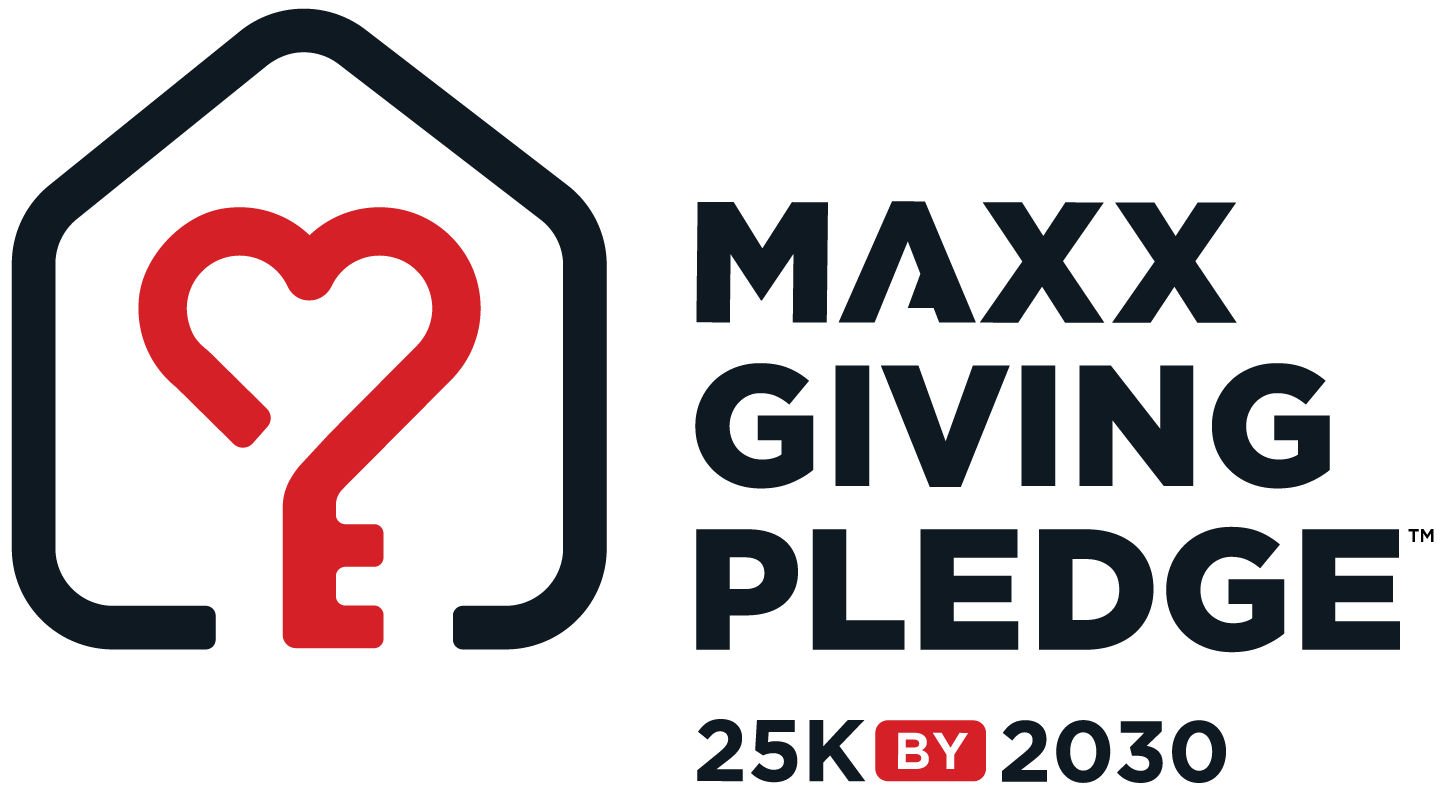
Tin Roofing Contractors – How to Choose a Pro for Quality Installation
Investing in a "tin roof" – a term often used for galvanized steel or other forms of metal roofing – means you're opting for a highly durable, long-lasting, and often energy-efficient roofing solution. However, the performance and longevity of a metal roof are critically dependent on the quality of its installation and any subsequent repairs. This makes choosing the right tin roofing contractors a paramount decision. To ensure your investment is protected, it's essential to hire experienced professionals who specialize in metal roofing systems.
What defines a tin roofing specialist
A true "tin roofing specialist" is more than just a general roofer; they possess specific knowledge and expertise tailored to the unique characteristics of metal roofing materials.
Specialized Knowledge of Metal: They understand the properties of various metal types used in roofing (steel, aluminum, copper, zinc), including their expansion and contraction rates, corrosion resistance, and specific fastening requirements. They also stay updated on the latest coatings and finishes.
Proficiency in Metal Roofing Systems: This includes expertise in installing and repairing various metal roof profiles, such as:
Standing Seam: Understanding concealed fastener systems, panel fabrication, seaming techniques, and proper flashing for a watertight, aesthetically pleasing finish.
Corrugated/Exposed Fastener: Knowledge of appropriate fastener types, spacing, and sealant applications to prevent leaks and ensure long-term stability.
Metal Shingles/Tiles: Expertise in interlocking systems that mimic traditional materials.
Precision and Craftsmanship: Metal roofing requires meticulous attention to detail. A specialist understands the importance of precise measurements, clean cuts, proper panel alignment, and secure fastening to prevent issues like oil canning, leaks, or wind uplift.
Specialized Tools and Equipment: They have access to and proficiency with specialized tools for cutting, bending, seaming, and fastening metal panels, which are often different from those used for asphalt shingles.
Problem-Solving Skills: Metal roofing specialists are adept at diagnosing and repairing specific issues common to metal roofs, such as oil canning, minor leaks at fasteners or seams, or localized corrosion, without compromising the entire roof system.
Safety Protocols: Working with large, often slick metal panels at height requires stringent safety measures. Specialists are trained in advanced safety protocols and utilize appropriate fall protection and equipment.
Typical project types: Residential, historic, commercial
Metal roofing contractors typically handle a diverse range of projects, applying their specialized skills to different property types.
Residential Tin Roofing:
New Installations: For new home constructions seeking durability, modern aesthetics, or long-term energy efficiency.
Replacements: Upgrading existing roofs (e.g., asphalt shingles) to metal, offering a significant increase in lifespan and often energy savings.
Repair & Maintenance: Addressing issues like minor leaks, damaged panels, or faded coatings on existing residential metal roofs.
Historic Tin Roofing:
Restoration: Working on historically significant buildings, often involving materials like original terne-coated steel, copper, or zinc, and requiring specialized techniques to maintain historical accuracy while ensuring modern performance. This is a highly specialized niche requiring deep knowledge of traditional methods and materials.
Replication: Creating new metal roofs that precisely replicate historical designs and profiles.
Commercial Tin Roofing:
Large-Scale Installations: Installing expansive metal roof systems on commercial and industrial buildings, which often involve complex designs, very long panels, and specific structural requirements.
Retrofits: Installing new metal roofs over existing commercial roof systems.
Industrial Applications: Roofing for warehouses, manufacturing facilities, and agricultural buildings, often utilizing corrugated or exposed fastener panels for cost-effectiveness and durability.
Flat/Low-Slope Solutions: While "tin" usually refers to sloped roofs, metal roofing contractors also work with low-slope metal systems or metal components as part of commercial flat roof solutions.
Common pricing models & cost estimate factors
Understanding how tin roofing contractors price their services and what factors influence costs is crucial for budgeting.
Common Pricing Models:
Per Square Foot: This is the most common model, where the contractor provides a price per square foot (or "per square," which is 100 square feet) for the entire project, including materials and labor. As of 2025, expect to pay approximately $10 to $16 per square foot installed for common standing seam systems (Galvalume steel or aluminum), and $7 to $12 per square foot installed for exposed fastener (corrugated) steel. Premium metals like copper or zinc can range from $18 to $40+ per square foot installed.
Flat Fee (for smaller repairs): For very small repair jobs, a contractor might provide a flat fee that covers diagnostics, minor materials, and labor.
Time and Materials (for complex repairs): For unpredictable or extensive repairs where the scope of work is unclear until demolition begins, contractors might charge based on the hours worked and the materials used, with an agreed-upon hourly rate.
Cost Estimate Factors:
Type of Metal: The choice of steel, aluminum, copper, or zinc significantly impacts material costs.
Roof System Type: Standing seam is generally more expensive than exposed fastener (corrugated) due to more complex fabrication and installation methods. Metal shingles fall in between.
Roof Size: Larger roofs require more materials and labor.
Roof Complexity: Roofs with multiple facets, steep pitches (above 6:12), dormers, skylights, chimneys, or other penetrations increase labor costs due to added cutting, flashing, and safety requirements.
Access and Site Conditions: Difficult access, obstructions, or remote locations can increase labor time and overall project cost.
Old Roof Removal: If an existing roof needs to be torn off, this adds labor, disposal fees, and potentially unexpected discoveries of deck damage.
Underlayment and Accessories: The type of underlayment, ventilation systems, snow guards, and other accessories contribute to the total cost.
Geographic Location: Labor rates and material availability vary by region, impacting overall pricing.
Warranty Type: Longer or more comprehensive warranties might sometimes be associated with higher-grade materials or installation techniques, slightly influencing cost.
Credentials to look for (warranties, licensing, references)
Hiring the right contractor is as important as choosing the right materials. Look for these essential credentials:
Licensing and Insurance:
License: Verify that the contractor holds a valid roofing license in your state or local municipality. This ensures they meet minimum professional standards and are legally permitted to operate.
Insurance: Crucial for your protection. The contractor should carry:
General Liability Insurance: Covers damage to your property or neighboring properties during the project.
Workers' Compensation Insurance: Covers their crew in case of injury on your property, protecting you from potential liability. Request proof of current certificates.
Manufacturer Certifications: Many reputable metal roofing manufacturers offer certification programs for contractors. These certifications indicate that the contractor has undergone specialized training directly from the manufacturer on proper installation techniques for their specific products. Certified contractors may also be able to offer extended material warranties.
Warranties:
Material Warranty: Provided by the manufacturer (e.g., 20-50 years on metal integrity, 25-40 years on paint finish). The contractor should explain these to you.
Workmanship Warranty: Provided by the contractor, covering the quality of their installation work (e.g., 5-25 years). A strong workmanship warranty demonstrates confidence in their skills.
References and Reviews:
Customer References: Ask for a list of recent customers you can contact. Inquire about their experience with communication, project timeline, quality of work, and handling of any issues.
Online Reviews: Check platforms like the Better Business Bureau (BBB), Google Reviews, Angie's List, and Yelp for unbiased feedback on the contractor's reputation and customer service. Look for consistency and how the contractor responds to negative reviews.
Experience: Inquire about their years in business and specifically their experience with metal roofing projects similar to yours.
Detailed Contract: A reputable contractor will provide a clear, written contract outlining all aspects of the project: scope of work, materials used, timeline, payment schedule, total cost, and warranty details
Why choose a pro vs. DIY for tin roofs
While the allure of DIY savings can be strong, metal roofing installation is a complex and often dangerous job best left to experienced professionals.
Professional Advantages:
Expertise and Quality: Professionals have the specialized training, tools, and experience to install metal roofs correctly, ensuring maximum performance, longevity, and adherence to manufacturer specifications and local building codes. This is critical for preventing leaks, wind damage, and premature failure.
Safety: Roofing involves significant risks of falls and injuries. Professionals are trained in safety protocols and have the necessary equipment (harnesses, lifts, scaffolding) to complete the job safely.
Efficiency: An experienced crew can complete the job much faster and more efficiently than a DIYer, minimizing disruption to your home.
Warranties: Professional installation often validates manufacturer warranties and comes with a separate workmanship warranty, providing crucial protection for your investment.
Problem Resolution: If issues arise during or after installation, a professional contractor is equipped to diagnose and rectify them.
DIY Risks:
Safety Hazards: The risk of serious injury from falls or handling heavy, sharp metal panels is very high.
Costly Mistakes: Incorrect installation (improper fastening, poor flashing, misaligned panels) can lead to leaks, voided warranties, aesthetic flaws, and expensive repairs that often exceed any initial savings.
Lack of Specialized Tools: DIYers rarely have access to the specialized equipment (e.g., panel curvers, seamers, specific shears) required for proper metal roof installation.
Time Consumption: Metal roofing is time-consuming and labor-intensive, particularly for someone without experience.
Aesthetic Disappointment: Achieving the clean, crisp lines of a professional metal roof is challenging for amateurs.
No Warranty: Without professional installation, you typically forfeit the workmanship warranty, and potentially even the manufacturer's material warranty.
For an investment as significant as a metal roof, the peace of mind, quality assurance, and long-term performance provided by professional tin roofing contractors far outweigh the risks of a DIY approach. Choosing the right experts ensures your roof will protect your home beautifully and reliably for decades to come.
Need an experienced and reliable tin roofing contractor? Masterpiece Roofing has the specialized expertise, credentials, and commitment to quality to handle your metal roofing installation, repair, or restoration project with excellence. Contact us today for a professional consultation and a detailed estimate.
Office: 1248 Highland St, Holliston, 01746 MA
(508) 882-6080
Email: office@buttonmasterpieceroof.com
Site: www.masterpieceroof.com
Assistance Hours
Mon – Fri 8:00am – 4:00pm

